Zamknij arrow_back
- Nowości
-
Mapy i publikacje
add remove Mapy papierowe add removePublikacje papierowe add remove
-
Nawigacja
add remove Zegary add removeBarometry add removeTermometry , Higrometry, Barografy add removeAreometry (Densymetry) add remove
-
Sygnalizacja
add remove Lampy Nawigacyjne, Szperacze add removeŻarówki add removeLatarki add removeZnaki dzienne add remove
-
Środki ratunkowe
add remove Kamizelki add removeTratwy add removeKombinezony ratunkowe add removePirotechnika morska add removeKoła, Pławki, Tyczki add removeUprzęże, Linki, Taśmy Bezpieczeństwa add removeReflektory radarowe add removeBosaki, Wiosła add remove
-
Elektronika morska
add remove Radiotelefony add removeOdbiorniki Pogody add removePLB / AIS MOB, OLAS add removeRadiopławy, Transpondery add removeWiatromierze add removeAkcesoria add remove
-
Sprzęt pożarowy
add remove Akcesoria add remove
-
Wyposażenie pokładowe
add remove Drabinki Pilotowe, Ewakuacyjne add remove
- Nowości
-
Mapy i publikacje
add remove Mapy papierowe add removePublikacje papierowe add remove
- Nawigacja add remove
- Sygnalizacja add remove
- Środki ratunkowe add remove
- Elektronika morska add remove
- Sprzęt pożarowy add remove
-
Wyposażenie pokładowe
add remove
IMDG Code Supplement, 2022 Edition
The *International Maritime Dangerous Goods Code* (IMDG Code) lays out the regulatory framework for all aspects of handling dangerous goods and marine pollutants in sea transport, but does not include all details of procedures for packing of dangerous goods or actions to take in the event of an emergency or accident involving personnel who handle goods at sea. This Supplement presents the publications associated with the IMDG Code that cover these aspects of the transport of dangerous goods.
The 2022 edition of the Supplement features:
• the Revised Emergency Response Procedures for Ships Carrying Dangerous Goods (EmS Guide), taking into account Amendment 41-22 to the IMDG Code;
• the Medical First Aid Guide for Use in Accidents involving Dangerous Goods (MFAG);
• the Reporting procedures;
• the Recommendations on the safe use of pesticides in ships;
• the International Code for the Safe Carriage of Packaged Irradiated Nuclear Fuel, Plutonium and High-Level Radioactive Wastes on board Ships (INF Code); and
• other appropriate resolutions and circulars pertaining to the transport of dangerous goods, including *Guidelines for the implementation of the inspection programmes for cargo transport units* (MSC.1/Circ.1649) and the *List of non-exhaustive voluntary guidance on pest contamination* (MSC.1/Circ.1650).
The IMDG Code Supplement should be of interest to maritime administrations, shipping companies, manufacturers, packers, shippers, feeder services such as road and rail, and port authorities.
The 2022 edition of the Supplement features:
• the Revised Emergency Response Procedures for Ships Carrying Dangerous Goods (EmS Guide), taking into account Amendment 41-22 to the IMDG Code;
• the Medical First Aid Guide for Use in Accidents involving Dangerous Goods (MFAG);
• the Reporting procedures;
• the Recommendations on the safe use of pesticides in ships;
• the International Code for the Safe Carriage of Packaged Irradiated Nuclear Fuel, Plutonium and High-Level Radioactive Wastes on board Ships (INF Code); and
• other appropriate resolutions and circulars pertaining to the transport of dangerous goods, including *Guidelines for the implementation of the inspection programmes for cargo transport units* (MSC.1/Circ.1649) and the *List of non-exhaustive voluntary guidance on pest contamination* (MSC.1/Circ.1650).
The IMDG Code Supplement should be of interest to maritime administrations, shipping companies, manufacturers, packers, shippers, feeder services such as road and rail, and port authorities.
Podobne z kategorii
Availability: Out of stock
This Guide has been developed to consolidate existing IMO maritime
security-related material into an easily read companion guide to SOLAS
chapter XI-2 and the ISPS Code in order to assist States in promoting
maritime security through development in the requisite legal framework,
associated administrative practices, procedures and technical and human
resources.
It is intended both to assist SOLAS Contracting Governments in the
implementation, verification, compliance with, and enforcement of, the
provisions of SOLAS chapter XI-2 and the ISPS Code. It should also serve
as an aid and reference for those engaged in delivering capacity-
building activities in the field of maritime security.
This second edition of the Guide incorporates guidance approved by the
Maritime Safety Committee on the development of maritime security
legislation as well as maritime cyber risk management, and includes
updated sources for further information to support the implementation of
the ISPS Code.
Availability: 2 In Stock
The International Convention for the Prevention of Pollution from Ships,1973 (MARPOL Convention), is concerned with preserving the marine environment through the prevention of pollution by oil and other harmful substances and the minimization of accidental discharge of such substances. Its technical content is laid out in six Annexes, the first five of which were adopted by the 1973 Convention, as modified by a 1978 Protocol. These Annexes cover pollution of the sea by oil, by noxious liquid substances in bulk, by harmful substances in packaged form, by sewage from ships and by garbage from ships. Annex VI was adopted by a further Protocol in 1997 and covers air pollution from ships.
The 2022 consolidated edition provides an easy and comprehensive
reference to the up-to-date provisions and unified interpretations of the articles, protocols and Annexes of the MARPOL Convention, including the incorporation of all of the amendments that have been adopted by the Marine Environment Protection Committee (MEPC) with entry into force up to 1 November 2022.





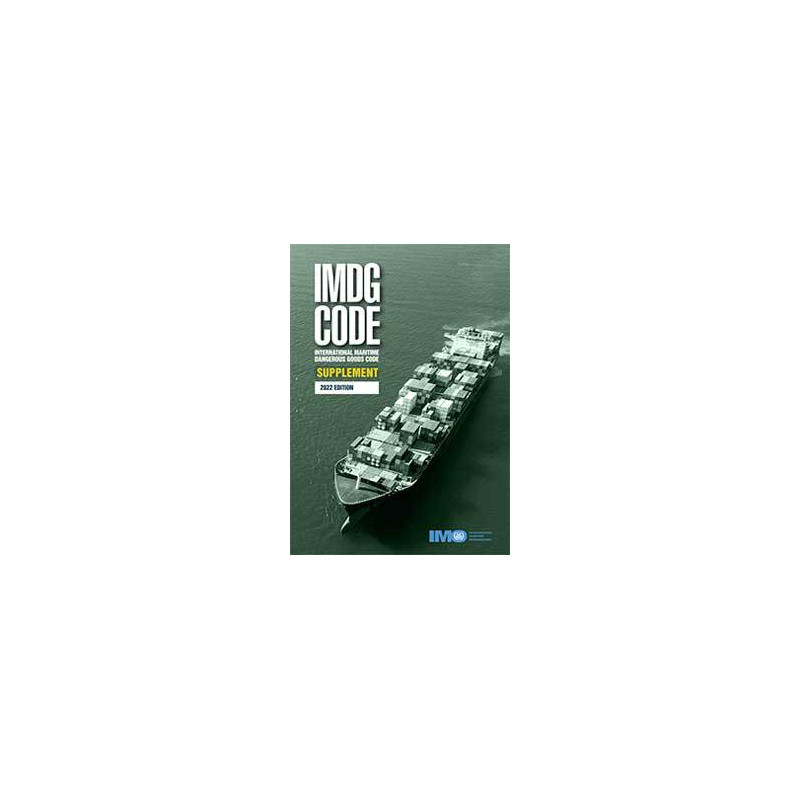

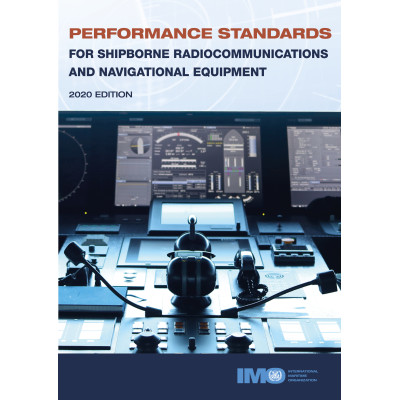
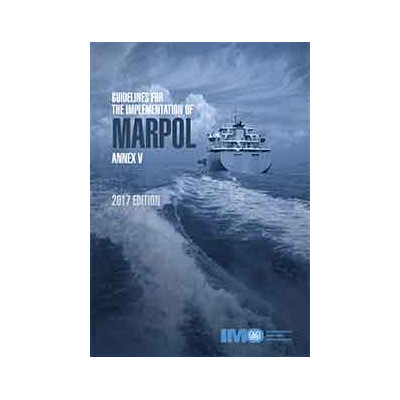
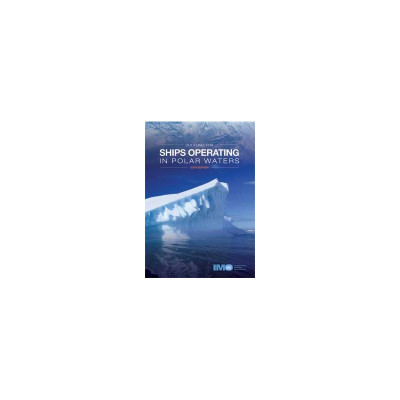
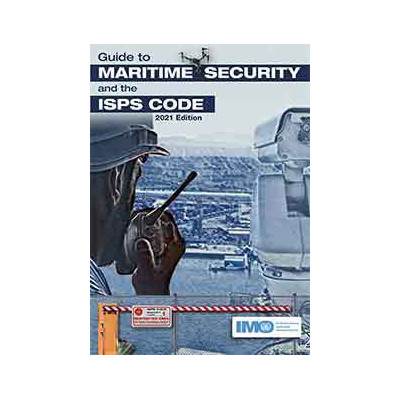
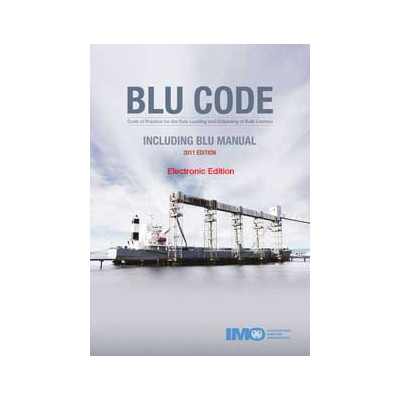
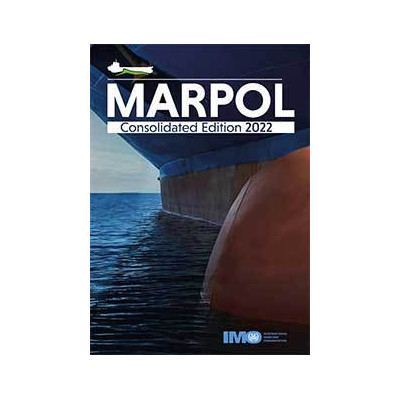
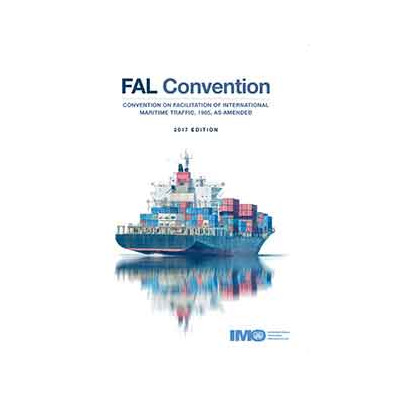
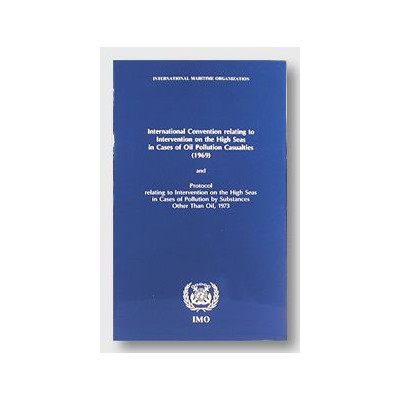
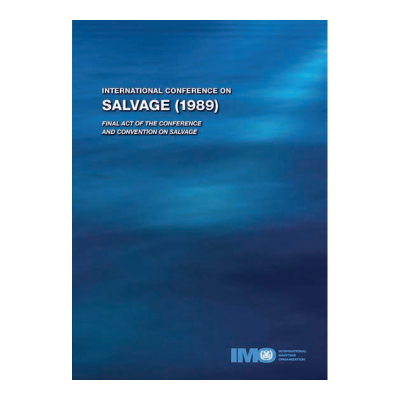
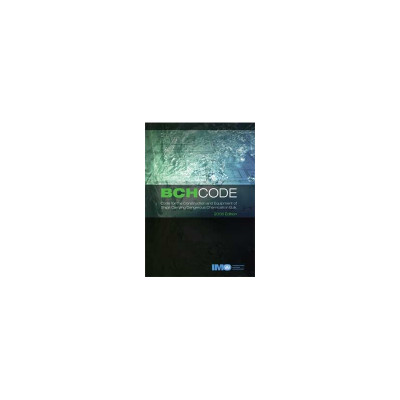
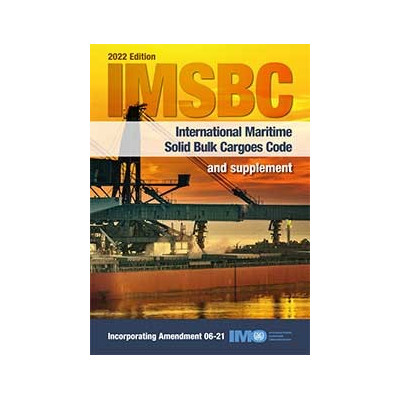
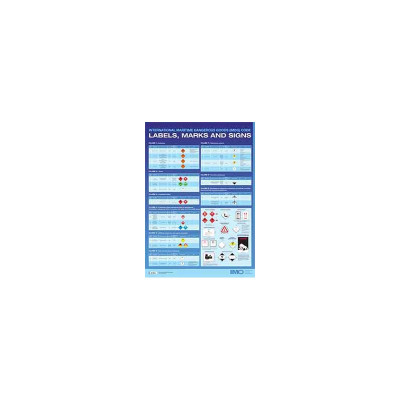
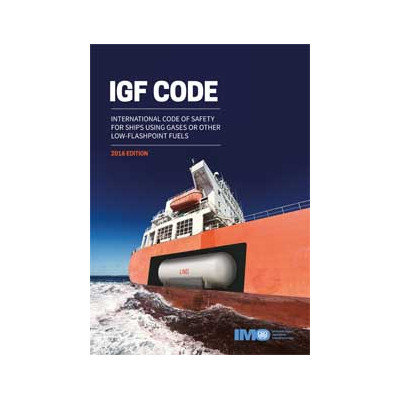
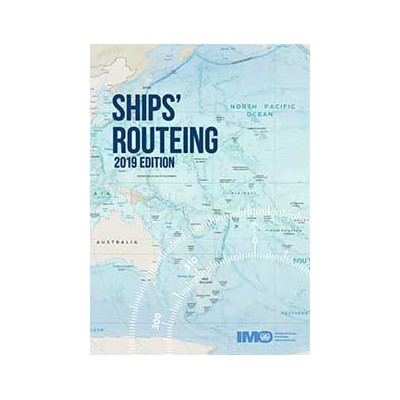
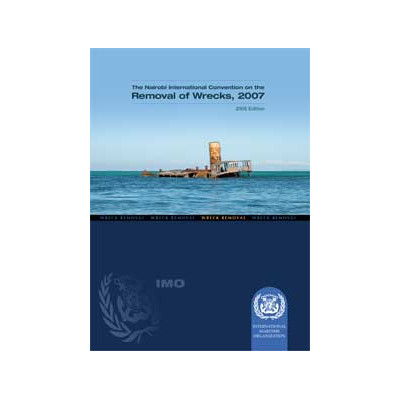
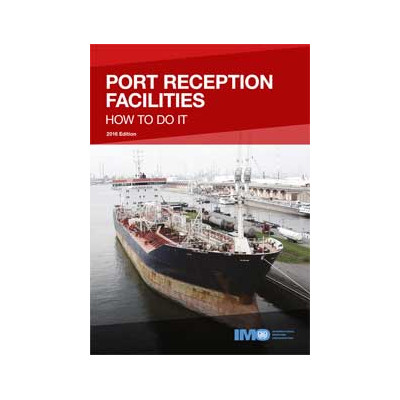
 Cookies
Cookies